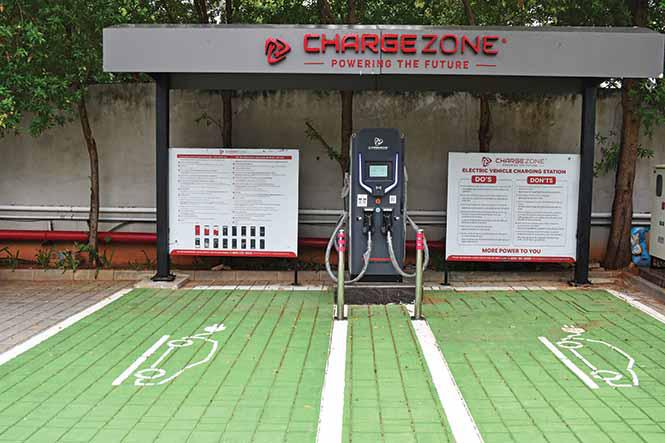The realization of India’s sustainable future is contingent upon the development and optimal utilization of a robust electric vehicle (EV) charging infrastructure. The surge in EV adoption is driven by increasing environmental awareness, government incentives, and rapid advancements in battery technology. As of 2023, India achieved a remarkable milestone, surpassing one million EV sales in under nine months, compared to a full year in 2022. Projections indicate that annual EV sales could reach 10 million by 2030, with an expected total of 40 to 50 million EVs on Indian roads. The acceleration and sustainability of this adoption depend heavily on a well-equipped EV charging ecosystem.
A comprehensive, nationwide charging network is essential to address drivers’ concerns about range anxiety, a significant obstacle to EV adoption. The widespread adoption of eco-friendly EVs hinges on accessible and convenient charging stations. Retrofitting EV charging stations across commercial and residential real estate assets is imperative to support this rapid uptake.
Standardization and interoperability are critical challenges for seamless charging experiences, requiring common standards for connectors, payments, and communication protocols. Collaboration between real estate developers and charging network providers is vital, necessitating proactive cooperation among developers, government entities, and stakeholders to integrate EV charging infrastructure, incentivize investments, and foster innovation.
For residential real estate developers, integrating EV charging solutions into their projects presents an opportunity to cater to the needs of the growing EV-owning population. Developers and landlords need to ensure adequate power availability for EV charging on the premises, both in under-construction and existing apartments.
In the commercial real estate sector, transitioning to electric fleets is not only an environmental responsibility but also a cost optimization measure. Providing EV charging infrastructure in the workplace can significantly boost employee satisfaction and retention.
Government initiatives, such as the Faster Adoption and Manufacturing of (Hybrid &) Electric Vehicles in India (FAME) scheme, offer financial incentives for the development of EV charging infrastructure. Building codes and regulations also evolve to accommodate EV charging requirements, ensuring that future real estate projects are EV-ready.
India stands on the brink of an electrified future, and developing a robust EV charging infrastructure is imperative. Real estate developers play a pivotal role in ensuring the seamless integration of EV charging solutions, thereby enhancing asset value and contributing to a sustainable and environmentally responsible future. The alignment of government policies and the real estate sector is crucial for accelerating India’s journey towards a greener and technologically advanced transportation landscape.


